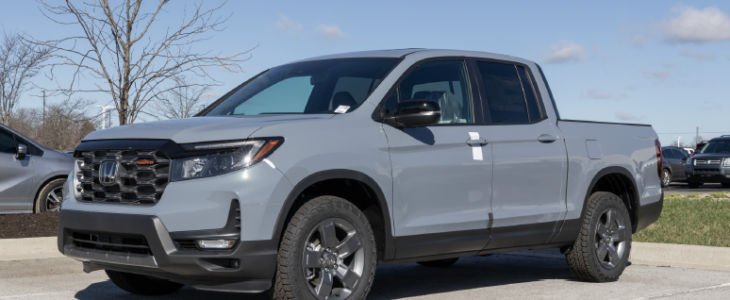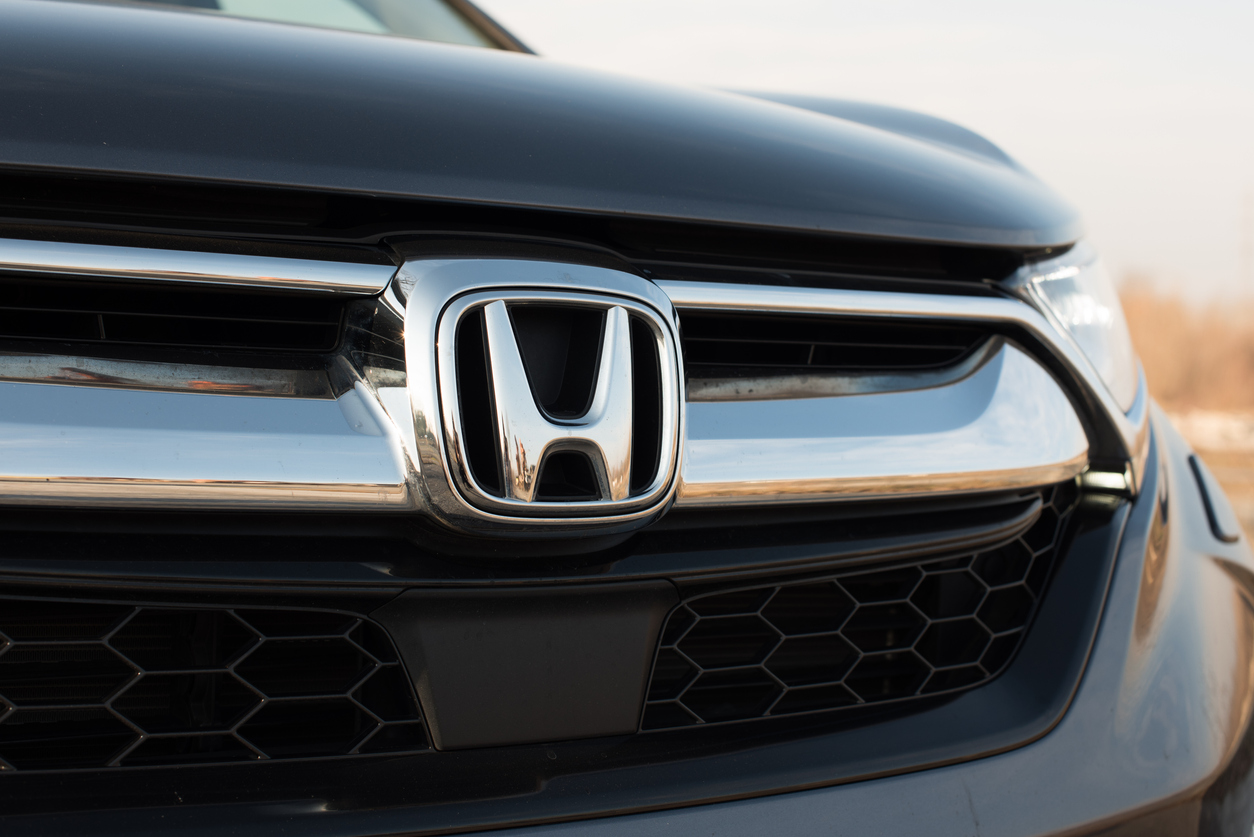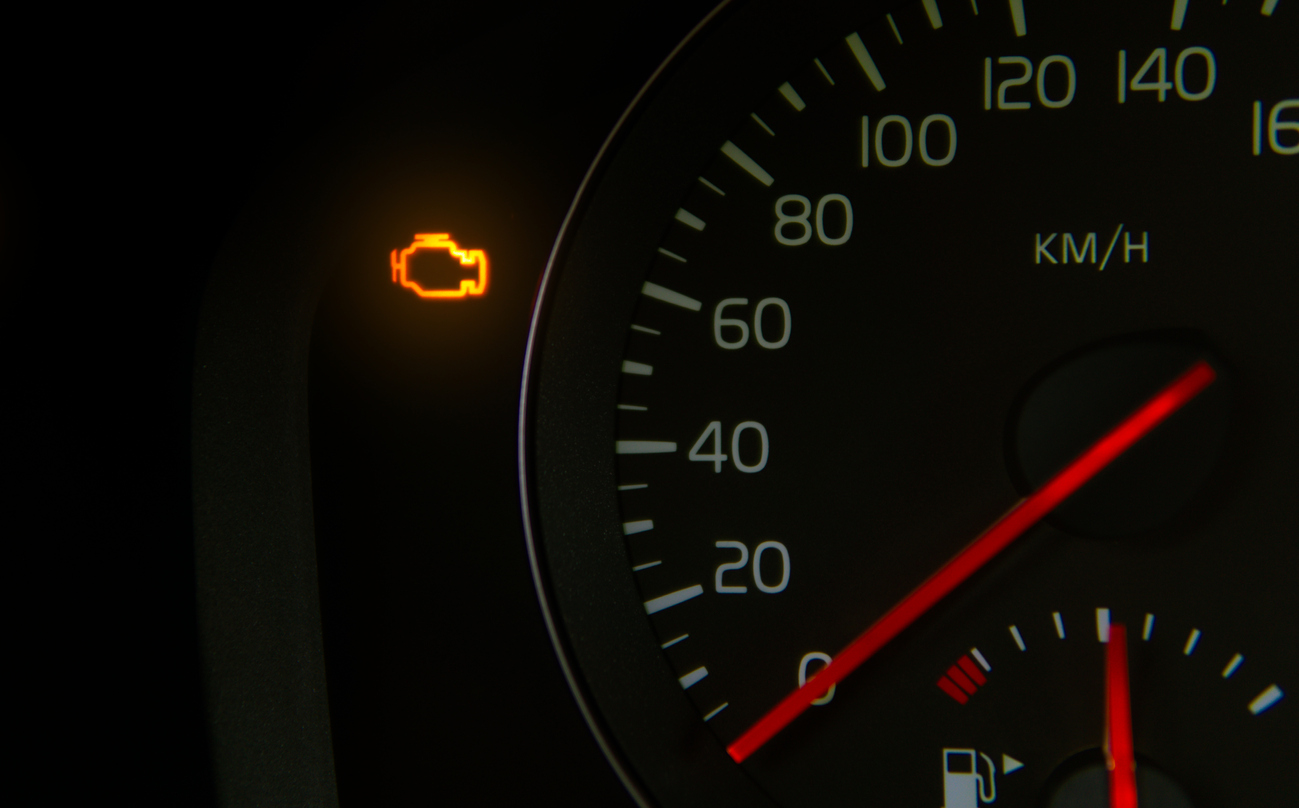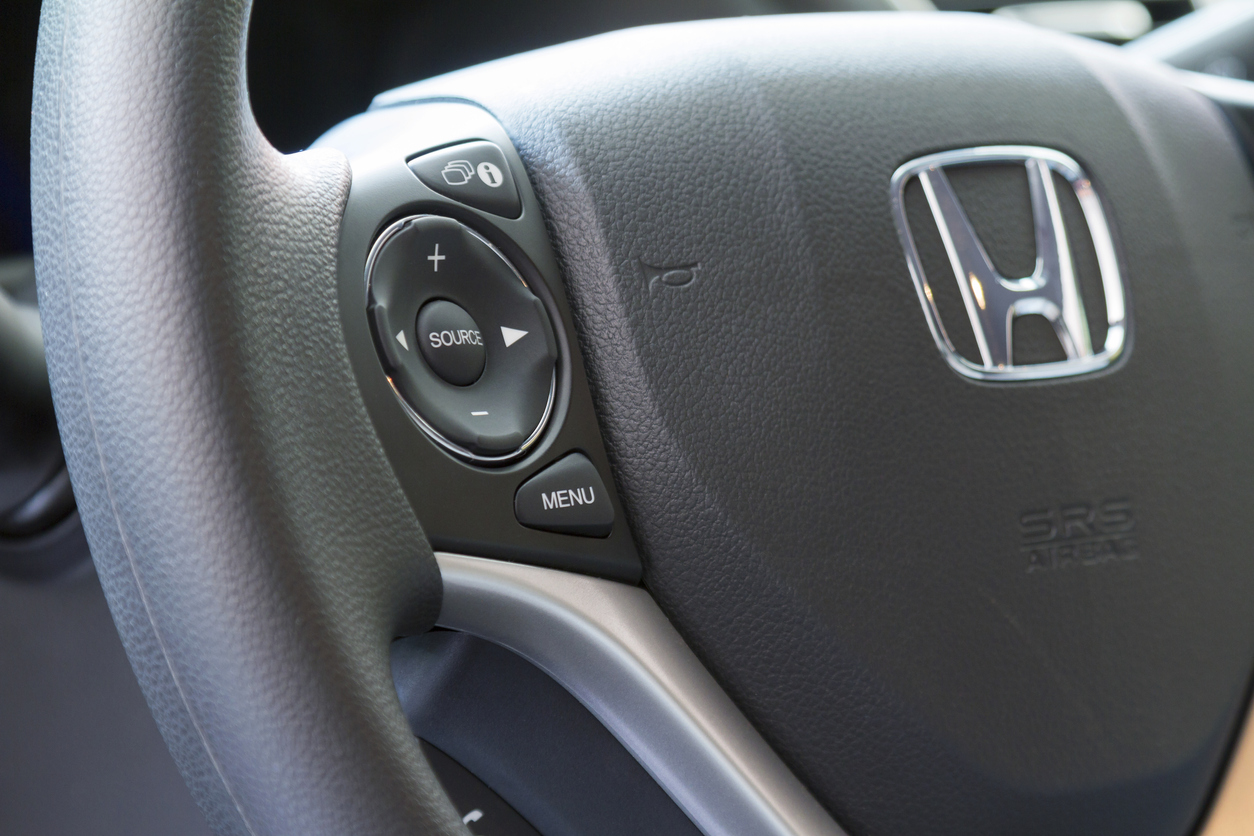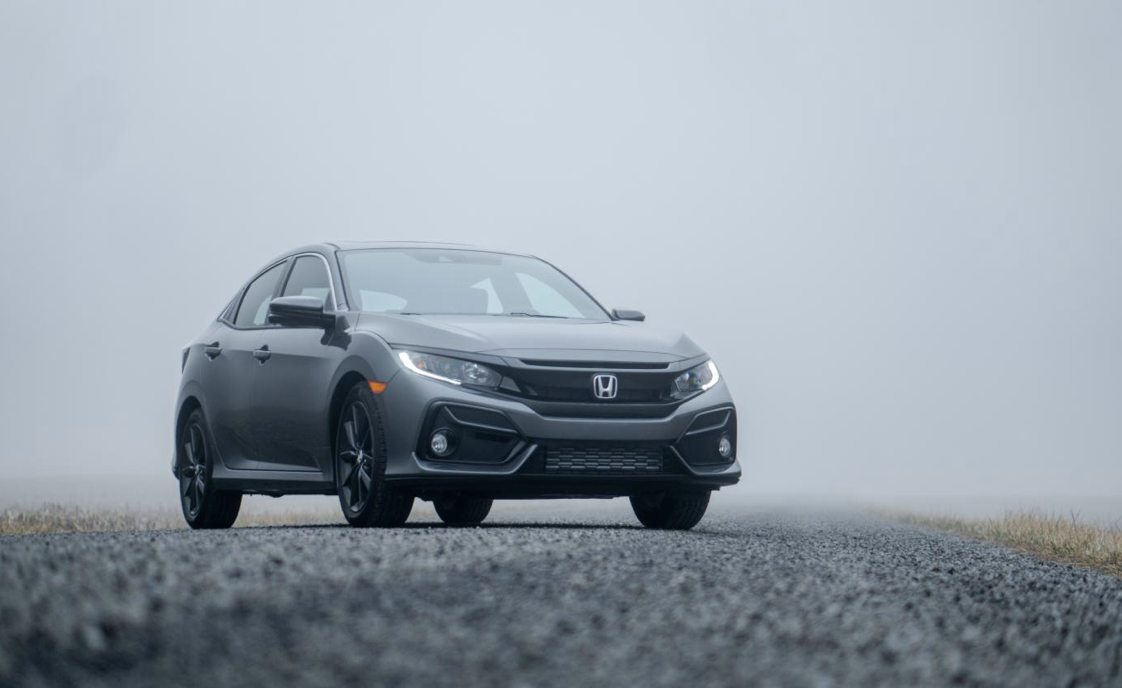Honda has issued a recall for 187,290 Ridgeline trucks spanning the 2020 to 2024 model years due to an issue with the backup camera wiring. The problem, which can compromise driver visibility and increase the risk of accidents, has prompted investigations and multiple recalls.
History Behind The Recall
The current recall stems from issues with the rearview camera’s electrical wiring, which is susceptible to damage from freezing water and salt intrusion. This exposure can cause the wiring within the protective tubing to crack and break, leading to the camera failing to display an image. This issue not only compromises the safety features of the vehicle but also significantly increases the risk of collisions while reversing.
Previously, in November 2022, Honda had recalled the 2017-2019 Ridgeline models for a similar issue where the backup camera wire harnesses were prone to breaking due to inadequate protection from bending at the tailgate. The repair involved replacing the harness with longer, more durable corrugated tubing and better-secured zip ties.
Further complicating the matter, another recall in May 2024 for the 2020-2024 models addressed continuing issues with the camera wiring harnesses breaking from tailgate use. The National Highway Traffic Safety Administration (NHTSA) has been investigating to determine if the measures taken in 2022 were sufficient to address the ongoing issues affecting approximately 129,000 trucks.
Which Models Are Affected
The recall specifically targets Honda Ridgeline pickup trucks from the 2020 to 2024 model years across the United States. These vehicles equipped with backup cameras are crucial for safe reversing and parking maneuvers.
What Owners Need to Do Next
Honda is actively addressing this issue by replacing the defective wiring harnesses with new, sturdier ones designed to withstand environmental stressors such as freezing water and salt. Vehicle owners are urged to heed the recall and contact their local dealers for the necessary repairs. Honda has announced that all replacements will be conducted free of charge.
Starting July 1, Honda will notify owners of the affected vehicles. For those who have already incurred out-of-pocket expenses for related repairs, Honda is offering reimbursements. Vehicle owners can contact Honda service at 888-234-2138 for more details and to arrange for service.
This recall is part of a broader series of challenges Honda has faced with vehicle manufacturing issues, including a significant recall in November 2023 for nearly 250,000 vehicles due to defective engine components. Owners are encouraged to respond promptly to recall notifications to ensure their vehicles remain safe and reliable.
How Honda Owners Can Take Back Control
While recalls have been communicated to owners, many continue to be unhappy with the solutions provided by automakers. These problems have the potential to escalate into further action, just like this – underlining the importance of protecting consumer rights.
If you struggle with vehicle troubles and feel cornered against big vehicle brands, remember it is always better to have experts with you. With extensive experience and successful cases at hand, The Lemon Firm is your best bet. With the dedicated team members always at your disposal, the package becomes too good to be true. So, if your car is giving you a headache, don’t hesitate to reach out!
Call 833 Lemon Firm and speak with a case analyst today!
